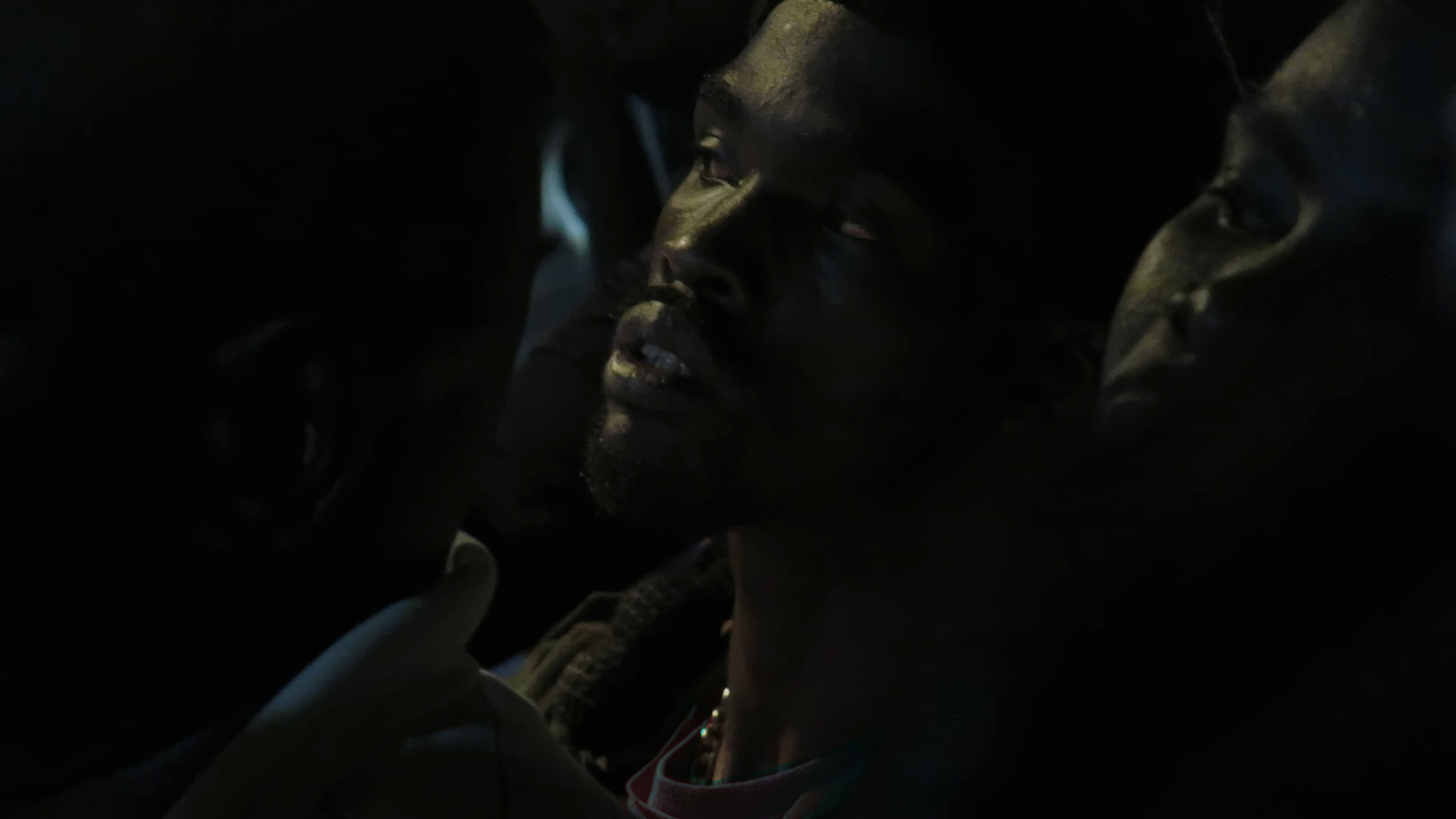In this hour-long observational documentary, we’re immersed in the day-to-day life of a Senegalese street vendor in Argentina. Following a stint in Spain, Mountakha arrives in Buenos Aires knowing little of the language, facing intimidation from the police, and, thousands of miles away from his wife and children in Dakar, experiencing loneliness and culture shock, too.
He finds some support from fellow migrants — and is able to tap into a connection with home through cultural events laid on by the local Senegalese community — but mostly, he leans on his deep spirituality for strength and guidance. A devout adherent of a Senegalese Sufi saint, he searches for signs of the divine in the bustling streets of Buenos Aires and on the crowded beaches of a resort town as a way to connect his past to the present. Mountakha understands the winding path of his life as “God’s will,” a go-with-the-flow approach that seems to soothe some of his painful pining for Dakar. It’s these peeks into his coping mechanisms and shifting definition of “home” that make Borom Taxi’s single hour feel so expansive.
Synopsis
Mountakha is a Senegalese immigrant who has just arrived in Buenos Aires. In Dakar he was a truck driver. While trying to get that job in this new city, he does some temporary jobs. Mountakha wonders if he can be a good salesman, or if his destiny is tied to acting. Some of his new friends have a particular bond with the cinema.
Storyline
A Senegalese migrant tries to find his footing in Buenos Aires.
TLDR
Weirdly, this doc also doubles as an inside peek into an extra’s experience of being on the set of Lucrecia Martel’s critically acclaimed movie Zama.
What stands out
As much as Mountakha misses his family, the film catches him at the moment when he begins to accept Argentina as his new home; for example, he tells a friend that, during his last visit to Senegal, he yearned for Buenos Aires. There are definite notes of melancholy as a result of the film’s focus on his evolution — you can feel the pain of his wife upon realizing that he’s changing, for example — but Borom Taxi feels different from many other docs on the subject of migration because Mountakha doesn’t allow it to take place through a rear-view mirror.


